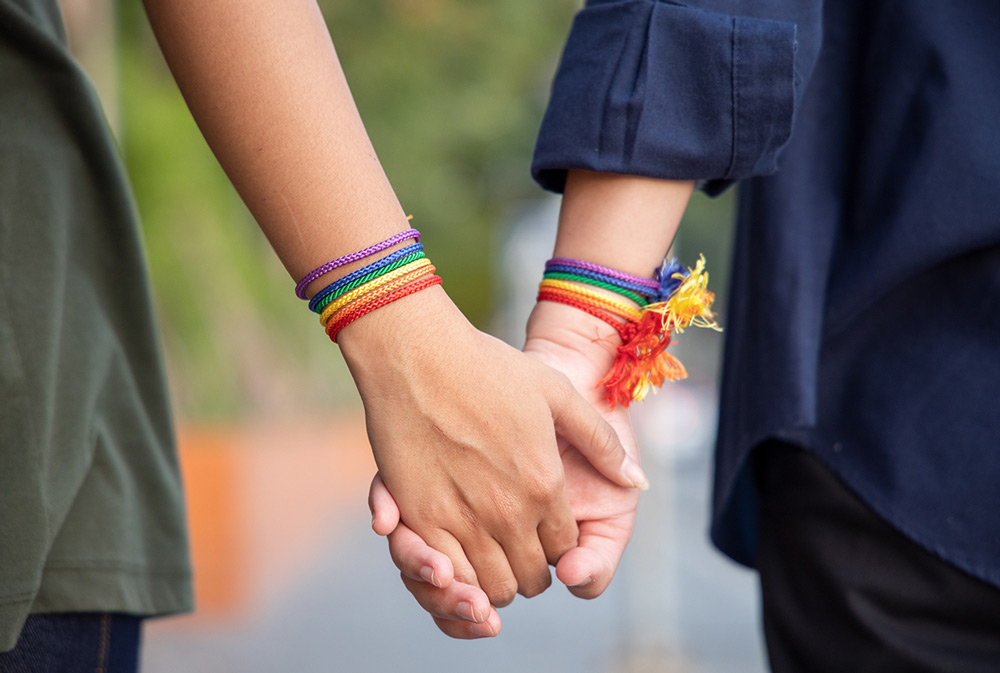Standing Together: Exploring LGBTQ+ Community Resilience in the Wake of the Club Q Shooting
Standing Together: Exploring LGBTQ+ Community Resilience in the Wake of the Club Q Shooting

Dr. Michael Dolezal, a postdoctoral research fellow at the Lyda Hill Institute for Human Resilience, has recently received a grant to conduct a study investigating how the LGBTQ+ community in Colorado Springs is coping with the one-year anniversary of the Club Q shooting, which is quickly approaching. The grant, awarded by the Society for the Psychological Study of Social Issues Grants-in-Aid program, will allow Dr. Dolezal to recruit 200 LGBTQ+ community members currently residing in Colorado Springs, who also were residing in Colorado Springs at the time of the shooting.
Anniversaries of events like mass shootings can be especially challenging for those affected by the event, and often result in temporary or longer-term increased psychological distress such as PTSD, depression, and anxiety symptoms. However, relying on external social and community resources can often help protect against this increase in distress. The Standing Together study will be the first to apply a model of post-disaster psychological recovery to survivors of a mass violence event that was motivated by bias and hatred. Specifically, the Standing Together study seeks to understand how LGBTQ+ community members felt a connection to the LGBTQ+ community in Colorado Springs and how their received social support helped protect against the onset or worsening of PTSD, depression, and/or anxiety symptoms.
Standing Together will begin approximately one month before the anniversary of the shooting. Those who participate will be asked to complete three surveys – one approximately one month prior to the anniversary of the Club Q shooting, one around the anniversary, and one approximately one month after the anniversary. Dr. Dolezal will then investigate how changes in felt connection to the LGBTQ+ community in Colorado Springs and received social support are related to changes in psychological distress over time.
Standing Together will begin to shed light on how communities that are targeted by bias-related mass shootings are affected by this event, how bias-related mass shootings can galvanize the affected community, and how this solidarity may protect against psychological distress. The findings of this study can be used to inform individual, group, and community-level interventions that aim to reduce distress and promote healing following a bias-related mass shooting. Further, the findings may also aid in developing policies and programs that allow for distributing resources in such a way that helps ensure social support and felt connection to one’s community are sustained for as long as possible.